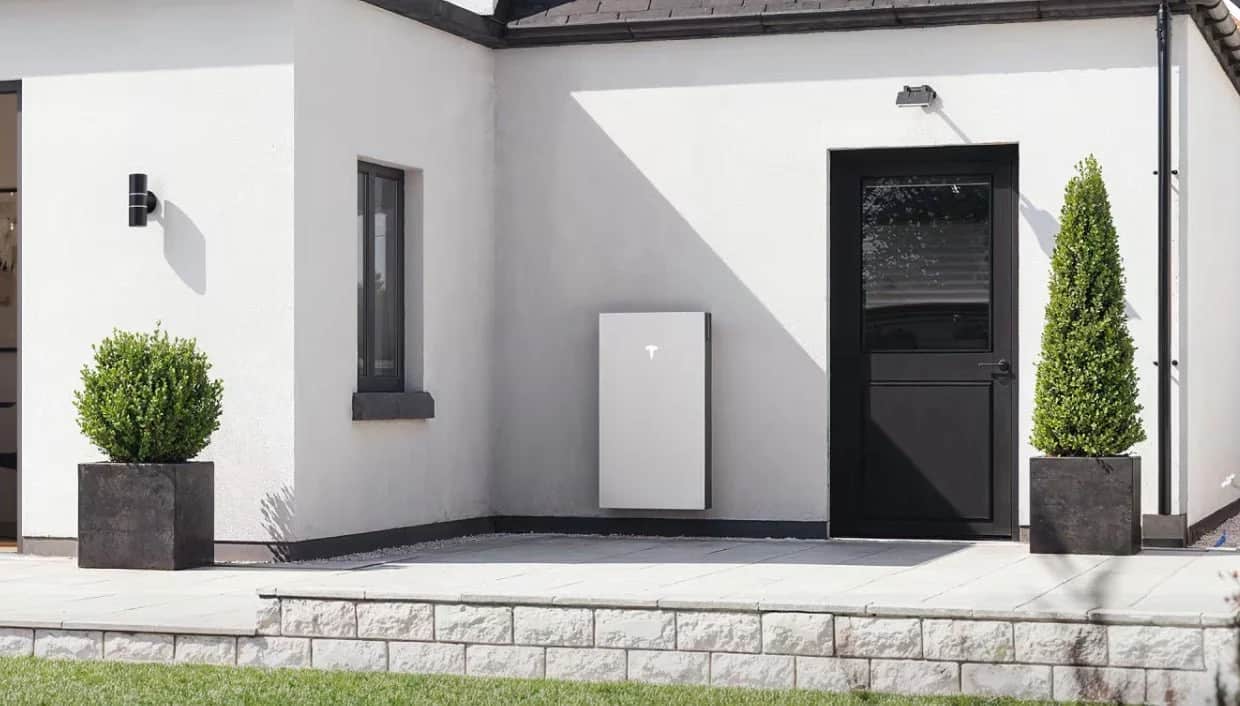
What Size Solar System Do I Need to Charge a Tesla Powerwall?
In Australia, we love the Tesla Powerwall. It's one of the most popular energy storage solutions for households across the nation due to it's efficiency, lifespan, safety features and of course their trusted manufacturer, guaranteed to withstand the test of time.
Solar system design plays a huge part in making the most of your battery storage investment, from determining your household needs to ensuring that your panel array is correctly sized.
Key Takeaways:
Solar System Size for Powerwall Charging: To fully charge a Tesla Powerwall, which has a 13.5kWh capacity and a 5kW charging rate, you'd need a solar system that can provide around 5kW of power for 2.5–3 hours a day. However, actual solar output depends on factors like weather, time of year, and household energy usage, meaning a 5kW system might not always fully charge the Powerwall, especially in winter or on cloudy days.
Energy Consumption Affects Charging: Solar energy produced by your system is first used to power your household appliances before it charges the battery. Therefore, the amount of solar energy available for charging the Powerwall depends on how much electricity you're consuming during the day, especially during periods of higher usage (e.g., heating in winter).
Larger Solar Systems May Be Needed: For most households, a 7kW or 8kW solar system is typically recommended for reliably charging a Tesla Powerwall. In cases of higher energy consumption, systems up to 10kW or 15kW may be required to ensure sufficient solar generation to meet both daily consumption and battery charging needs.
Charging Tesla Cars with Solar Power: Charging a Tesla electric car with solar power depends on available time and solar generation. If you have excess solar energy during the day (e.g., at work with a solar installation), you can charge your car directly from the solar system. For daily driving, a combination of the Powerwall and off-peak electricity may be used. Proper planning of solar usage and charging schedules is key to maximizing the benefits.
How Much Solar Do I Need to Charge the Tesla Powerwall?
The Tesla Powerwall has a capacity of 13.5kWh and is able to be charged at a rate of 5kW. This means that if you are charging it at full clip, it will take a little over 2 ½ hours to fully charge.
So, the simple (but not normally right) answer is that if you have a solar system outputting 5kW for 2.5 to 3 hours a day, that will be enough to charge the Powerwall.
But, there’s a little more to it than that…
If you have a 5kW system, the first thing to understand is that its output depends on the sun, the weather, and the time of year. So, for much of the year (ie, in winter), it will be outputting much less than 5kW. Also, it will only produce solar power for a much shorter part of the day. In reality, on a cloudy day in June, a 5kW system would probably struggle to charge a Powerwall to full capacity.
The second thing to consider is that the output of your solar system is first fed into your home BEFORE it goes towards charging your battery. So, if you are running appliances such as washing machines, pool pumps or similar, the solar power will be diverted to run those first. Also, it’s worth bearing in mind that the time of year when the solar power output is at its lowest (winter) is also the time of year when you are most likely to be using power in the middle of the day – for heating and lights for example.
The answer to the question, therefore, depends on how much power you use at home in the daytime. For most households, we generally recommend a 7kW or 8kW PV system, although it is very common for 10kW or even 15kW to be installed if the usage is high. It is worth a brief call with one of our team to help you work out what the best size is for you.

How Much Power is Required to Power a Tesla Car?

Now, if you want to know how much solar is needed to charge a Tesla car, that’s a different thing altogether.
Firstly, it’s always the best option to charge your Tesla (or any other electric car) from renewable sources, but that may not always be practical.
If you have a solar system that you can use to charge your car during the day (either at home or at work), that is the best option. However, the rate of charge will vary depending on how much charge you need and how much time you have. With most car charging technologies, you can match the charge rate to the spare solar production, but you need to have the time to do this. This is a great option if your car is parked at work all day and your work has solar installed, for example.
Ultimately, the best way to charge a Tesla car depends on how much you use it. If it’s just a short trip to work each day, you could charge your car from your Tesla Powerwall at night. If you travel long distances, you would probably use a combination of using your battery, Off-Peak power (if you can) and solar power when possible.
Again, it’s worth having a call with one of our team to discuss the details when you are ready.
More Helpful Articles:

1KOMMA5° Blog
Need more information?
Head over to the 1KOMMA5° blog for more helpful tips and other important guides on everything solar, from inverters, panels and batteries to how to make the most of your investment for years to come.